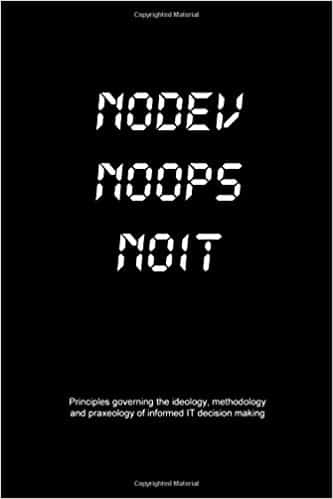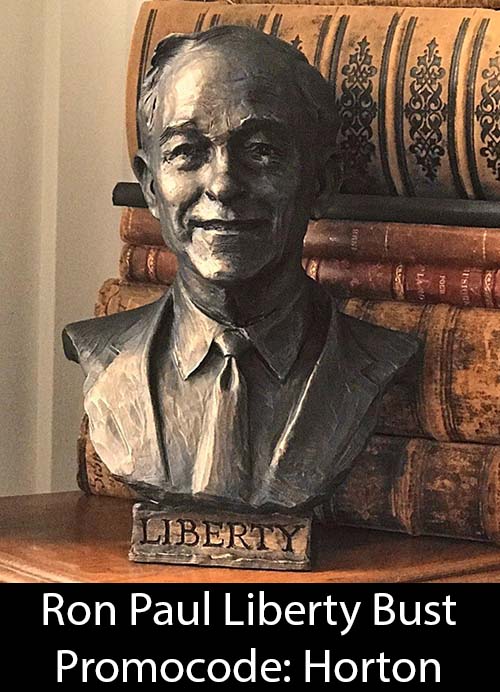Former CIA officer Philip Giraldi, Deep Background in the American Conservative:
Secret parallel negotiations with Iran that led up to the recent agreement over that nation’s nuclear program included an unusual and highly interactive role for the intelligence community. …
Negotiations in Oman under the aegis of Sultan Qaboos were backed up by an intelligence team working under the auspices of the National Security Council. An elaborate series of tabletop ‘war games’ using competing teams representing the Iranians and Americans were set up to test the various options that were being floated by the Iranians and the counterproposals being put forward by American negotiators. For example, scenarios were tested and projections made based on Iranian capabilities for speeding up enrichment, the viability of using existing stores of enriched uranium for weapons purposes, and the effect on potential weaponization of permitting various enrichment levels. The U.S. negotiators were able to calibrate the extent to which limitations on Iranian enrichment would retard the possible development of a nuclear weapon, concluding that the goal would be to make weaponization a distant objective at best while simultaneously creating an inspections regime that would give ample warning of any deviation from the agreement. The U.S. intelligence teams, in line with their previous estimates of Iranian capabilities, demonstrated that Iran is at least five years away from a viable nuclear weapon and even farther away from a delivery system even if such programs were fully funded, supported politically, and not subject to sabotage. Any slowdown of enrichment activity through multilateral agreements coupled with more aggressive monitoring would push that timetable even further back.















